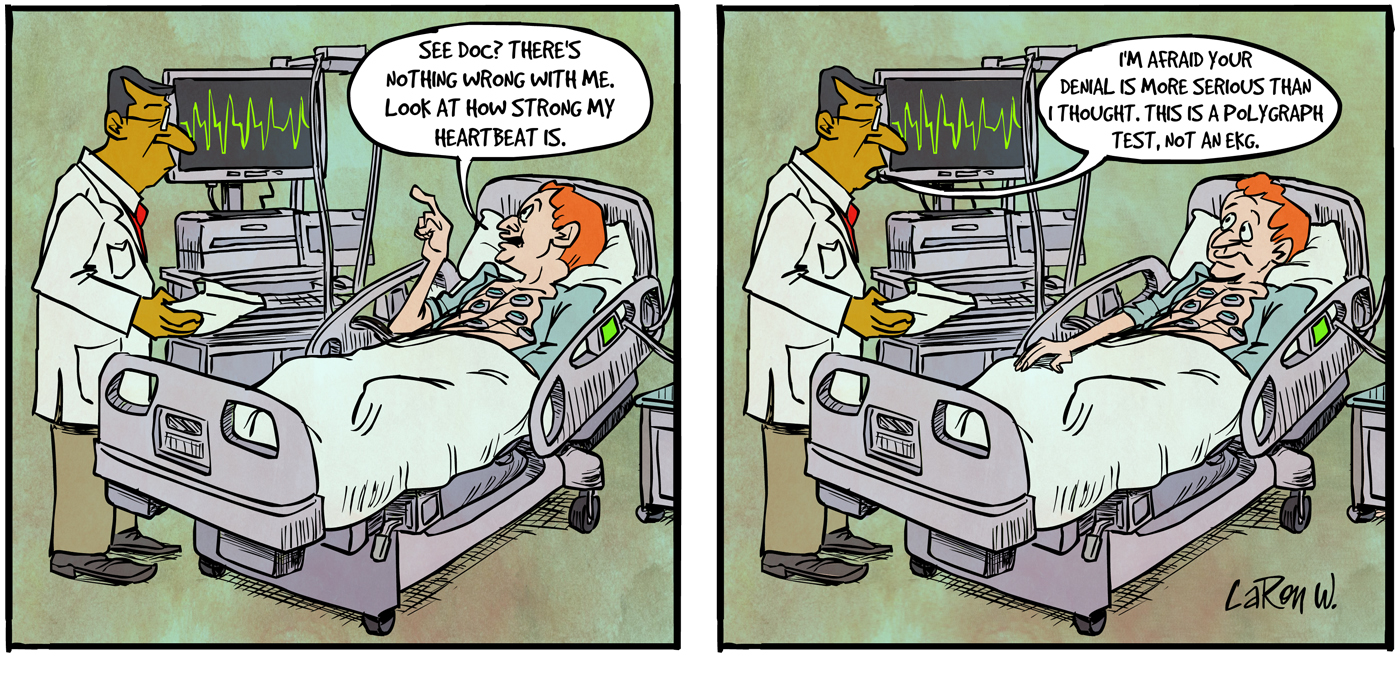A few years into my recovery I found myself periodically delving into some very negative emotions. These incidences were sometimes triggered by things like dealing with difficult people, having to make difficult decisions when there seemed to be no good options, and trying to cope with marital difficulties.
My life would become very dark and my head would spin with emotional strife, counter arguments, self-pity, and other unpleasant emotions. It was debilitating because when I got into this mode I was unable to deal with people effectively, focus on my work, and enjoy things I normally like to do.
I talked to my sister (who was in AA and experiencing recovery) about the situation. After listening to me for a while she said, “Why don’t you see what the 12 Steps have to say about this? Maybe they will have something that will help you.” I was not too hopeful, but I agreed to study the Steps with this in mind. It didn’t take long before I found a useful passage in the AA 12 Steps & 12 Traditions.
“But there is another kind of hangover which we all experience whether we are drinking or not. That is the emotional hangover, the direct result of yesterday’s and sometimes today’s excesses of negative emotion—anger, fear, jealousy and the like. If we would live serenely today and tomorrow, we certainly need to eliminate these hangovers” (12&12 88).
After reading this, it was obvious to me that I was allowing myself to obsess over certain things that I had very little control over. I was getting drunk on negative emotions.
Another passage I that helped me a great deal was in the Big Book where it says: “As we go through the day we pause when agitated or doubtful, and ask for the right thought or action. We constantly remind ourselves we are no longer running the show, humbly saying to ourselves many times each day ‘Thy will be done’” (AA 87-88). I decided to try and surrender my agitation, annoyance, fear, and other negative emotions when they came over me. I immediately began to feel relief. This approach has helped me maintain emotional sobriety and to better experience the promises of peace and serenity.
I am glad that I opened up to my sister and accepted her assistance. I am also very grateful to the SA program of recovery which allows me to experience more and more of the promises as I “trudge the Road of Happy Destiny” (AA 164).
Tom M., Florida






